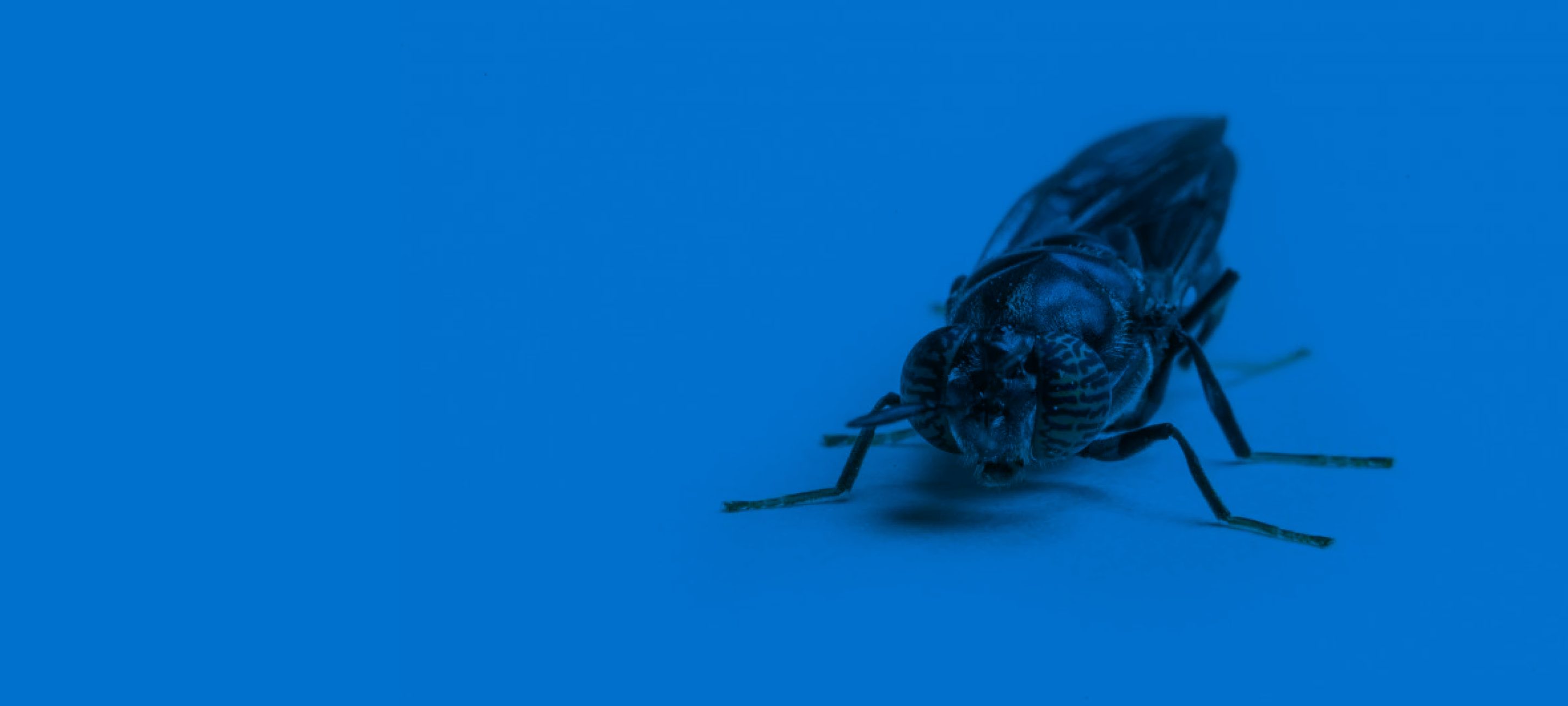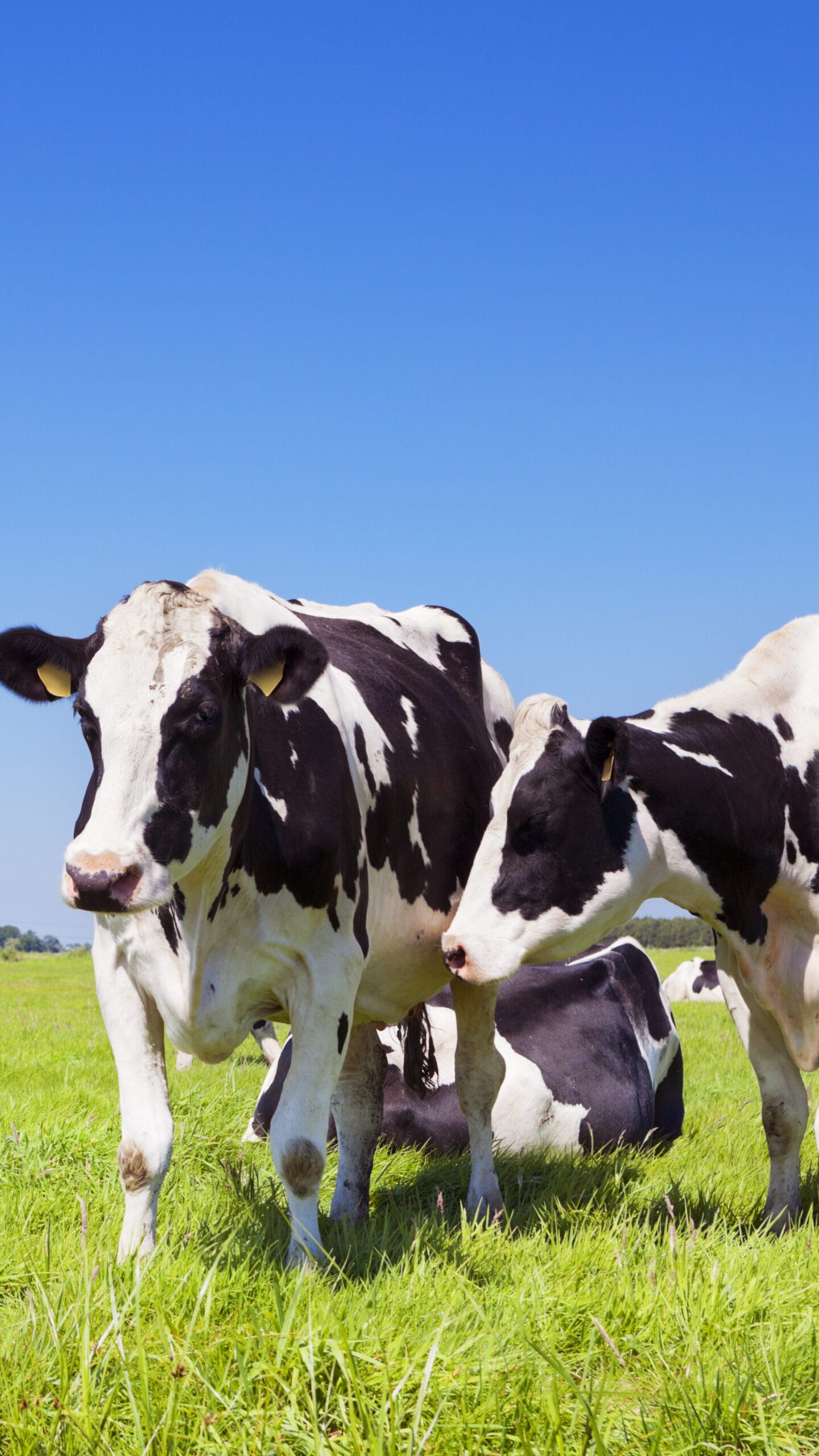
Markets
Cattle Feed: The Power of Insect Protein
Incorporating Black Soldier Fly (BSF) larvae, into the diets of dairy and beef cattle has benefits not only for environmental sustainability and farm economics but also significantly enhances milk and beef quality.

- Nutritional Profile: The rich nutrient composition of BSF larvae, including essential amino acids, fatty acids, and minerals, directly contributes to the nutritional quality of the milk produced. Cows fed with a diet incorporating insect protein produce milk with a higher content of beneficial fatty acids such as omega-3s, which are crucial for human health.
- Increased Milk Yield: The high digestibility and nutrient density of BSF-based feeds lead to improved feed efficiency, meaning cattle can convert feed into milk more effectively.
- Improved Animal Health: The natural compounds found in BSF larvae can bolster the immune system of dairy cattle, reducing the incidence of health issues that can detract from milk quality and yield. Cows fed on BSF demonstrate lower somatic cell counts indicating better udder health.
- Superior Meat Composition: The nutrient profile of BSF larvae contributes to an improved composition of beef, influencing factors such as marbling, tenderness, and flavor. The amino acids and fatty acids essential for muscle development and health are abundantly present in insect-based feeds.
- Enhanced Growth Efficiency: BSF larvae have a high feed conversion efficiency, meaning cattle can grow faster and healthier on less feed. This efficiency results in animals reaching market weight more quickly, with a leaner and higher quality meat yield.
Incorporating insect-based feed like BSF larvae into the diets of dairy and beef cattle represents a revolutionary step forward in agricultural practices. It not only aligns with the urgent need for sustainable and efficient farming methods but also significantly enhances the quality and productivity of milk and beef.
